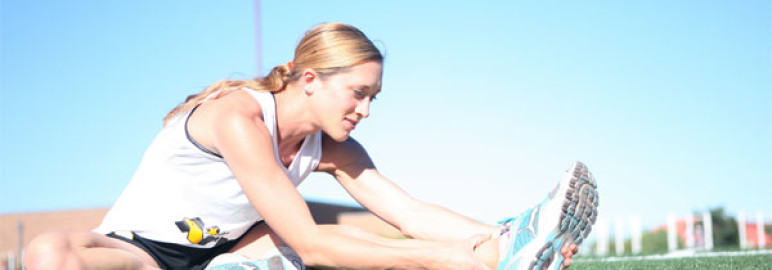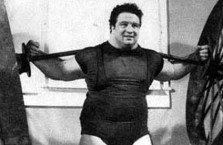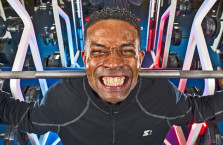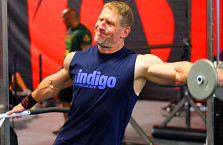Between workouts, you have to take time off to allow your muscles to recover, or you won’t max the strength-building goals you’re working so hard to accomplish.
Recovery isn’t sitting in front of the TV or indulging in unhealthy food until you’re sick. What you do on off-days is just as crucial as what you do in the gym. Use these four tips below to ensure your ready and rested for you next workout!
Promote circulation by working your joints
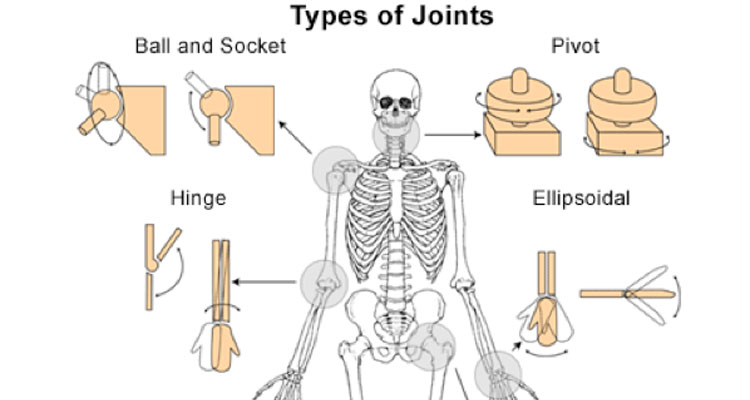
Stay nimble, even on your off day, by moving your arms, wrists, and knees in low-intensity circles. The opening and closing of your joints brings fresh synovial fluids to nourish, lubricate, and hydrate these areas, while expelling waste and scar tissue. Rotate clockwise and counterclockwise to prevent imbalances and overuse injuries. Warning: Be careful not to hyperextend, and keep circles tight to prevent excessive lateral motion so you don’t torque your joints.
Use a foam roller to reduce muscle tension
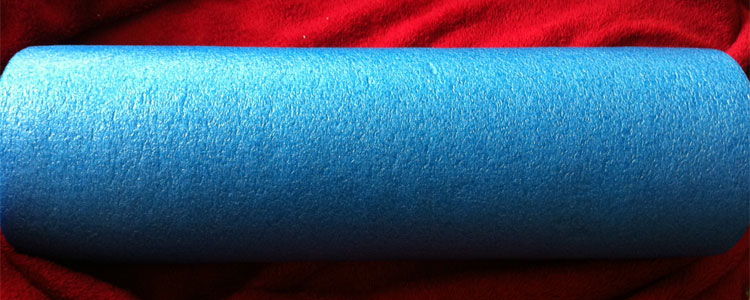
If you’re feeling pain or tightness post-workout, you can use a long, semi-soft foam tube to give your muscles a massage. “Foam rolling breaks up scar tissue and knotting in your fascia, which—if left unattended—can lead to nagging aches and pains in your joints,” says Gaddour. Spend at least 30-60 seconds minimum rolling your sore muscle groups immediately upon waking, before bed, and any time you can spare during the day—the more, the better.
Substitute high-intensity exercises with Isometrics
On a rest day, trade in your dynamic, high-power weight lifting exercises for Isometrics: gentle, controlled stretching and strength-building moves. Holding a certain position for a longer period of time, your muscles are still engaged, but at a lower intensity. This allows blood and nutrients to rebuild your body for your next high-energy training session.
Use the overhead squat to increase mobility

While moving around might be the last thing on your mind when you’re wiped, the overhead squat is king of mobility exercises, and mastering it can only improve your workouts. It strengthens your joints so you can bear more weight in the gym, while also promoting blood flow to battle soreness. Here’s how:
Start with hands and feet shoulder-width apart and grab a resistance band at the ends (a rope, cord, or towel can also work). Extend arms straight overhead and keep shoulders down and back—the resistance band promotes proper posture and keeps your back muscles in line. Push hips back and squat down on heels until hamstrings rest on calves. Hold for five seconds, then push knees out and stand up fast, powering through heels. Perform 5-10 reps three times a day to mobilize the tightest areas of your body, specifically your ankles, hips, and upper back.
For more visit MensFitness

